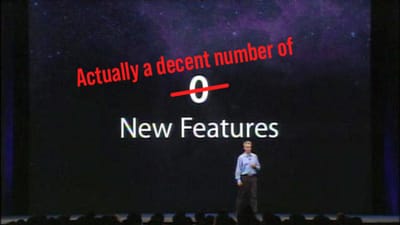Range

I’ve been reading the new(ish) book, Range: Why Generalists Triumph in a Specialized World, and as the title suggests, it makes the case for why being well-rounded, experimenting so you have more than one skill, and having the ability to think on your feet are important to success in the modern world.
We all hear the story of Tiger Woods, who had a father who wanted him to be massively successful, pushed him from the age of 1 to practice hours per day, and simply had raw talent that took advantage of this early push. But the argument the book makes is that people like Tiger Woods are the exception, not the rule. Most people will not be Tiger Woods, and if as a society we can accept that, we can help more people be successful.
The book talks about how there are some areas in life that are “kind” environments, and others that are “wicked.” Kind environments are like golf or chess, where goals are predictable and where things like pattern recognition are incredibly valuable in figuring out what to do next. But the world in general is made up of wicked environments, which don’t have such predefined answers and are constantly changing. The metaphor I like where the author describes the world not as tennis, but Martian tennis: you can see the players, the court, the rackets, and the ball, but no one has told you the rules.
Without getting into full on book report mode, I will say that although I didn’t really think of it this way, much of the success I’ve had in my career has come from being able to think critically and perform many things well. My current job, at a very basic level, is to write tasks for my dev team to execute, and work with them to make sure that good, user-centric decisions are made, all while getting these tasks released on time. The reality is that I do that plus make video tutorials for our users, I run design for the whole company and had to build a design system from the ground up, I give regular presentations in front of the executives on new products we’re releasing, and I talk to clients in a semi-sales pitch, semi-technical contact capacity.
The fact that I can do multiple things is a huge asset, and makes me a more valuable employee. Going to school for video editing, teaching myself UI/UX design, and immersing myself in the world of people who care deeply about great software has been very beneficial in the long run.
I don’t know if this book is 100% on the nose, and I’m only about 1/3 of the way through it so it could all fall apart, but thus far this book is resonating quite well with me.


